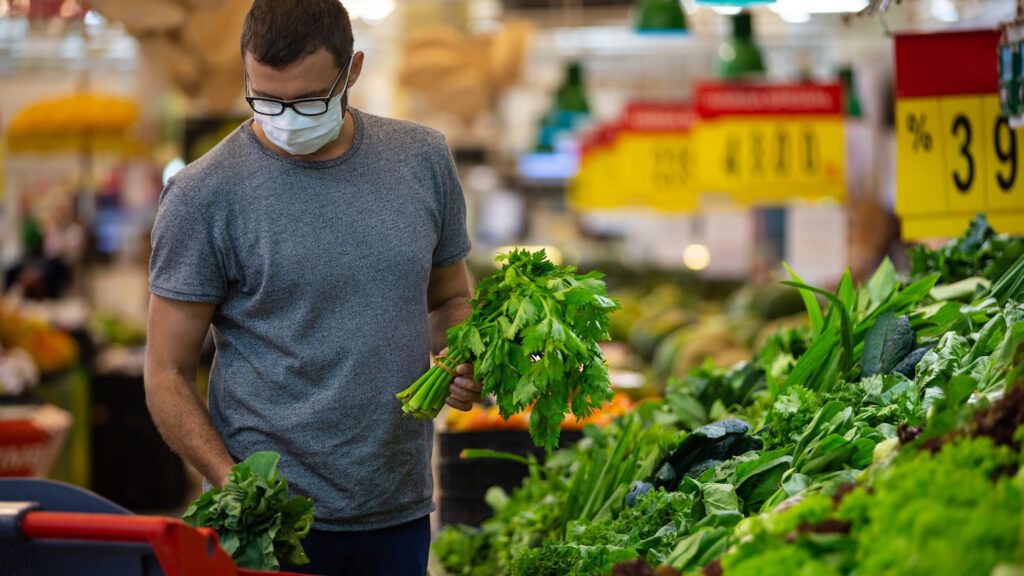Aesop’s fable The Ants and the Grasshopper is a famous morality tale to encourage us to work slowly and diligently throughout the seasons of plenty, to plan ahead and store enough food to keep us safe and nourished during scarce times.
At a time when many of us are trying to minimize the frequency of our trips to the grocery store to mitigate coronavirus risk, to be an “ant” means to acknowledge that there will be days ahead when we will need to be sufficiently stocked with food to stay at home.
So how can we make the most effective, nutritious food storage plan? Our planning starts with a well-organized pantry that includes healthy, shelf-stable foods.
The rest can come down to three choices: Freeze, Fridge or Fresh?
Freeze
Many foods can be safely frozen and thawed for delicious meals at any time. Some basic guidelines can help you make the most of your freezer:
- Package foods properly for the freezer. Wrap meats in freezer paper or plastic wrap and store in a flexible bag to minimize air exposure and freezer burn. Use rigid containers for soups and stews, made of freezer-safe glass or food-safe plastic.
- Plan ahead to preserve summer vegetables at their freshest and most nutrient-rich. Start by blanching them in steam or boiling water, and then cool them rapidly in cold running water or an ice bath. Once they are cool, let the vegetables dry thoroughly before packaging them for the freezer.
- Fresh fruits can be frozen without blanching. Simply spread berries or sliced fruit on a tray and freeze. Once frozen, the fruit can be stored in a zip-top bag.
Fridge
A healthy refrigerator is one that’s filled with foods that last long enough for you to enjoy before they spoil. Eggs, butter, hard cheeses like parmesan, and vegetables like onions, carrots, potatoes and uncut winter squash can last for weeks or even months when clean, dry and stored in the refrigerator. Nuts, which can turn rancid in the pantry, can be stored longer in the refrigerator or even the freezer.
Fresh
Some foods are just best when they’re fresh. Even as you learn the best ways to store and preserve foods for the long-term, take a moment to enjoy fresh berries, greens, breads and other seasonal delights when they are at their peak. Do so with gratitude and joy. These foods help you embrace the here and now—even as you know you are prepared for whatever the future may bring.





